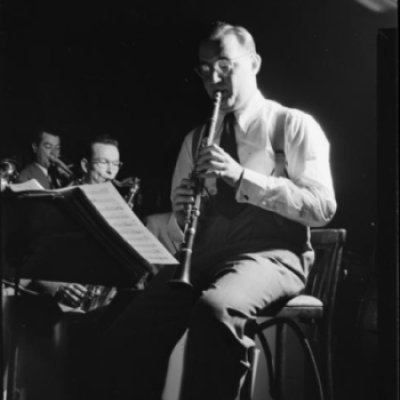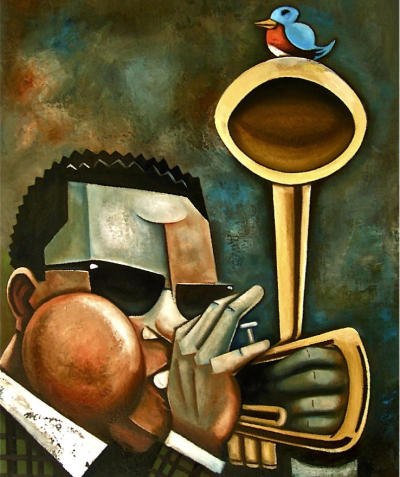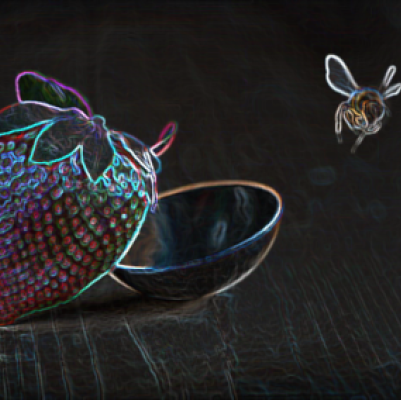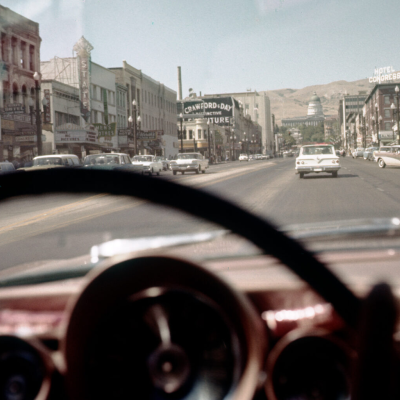Looking for Charlie Parker
I wonder if it will take another body to stream into the Infinite….
For this was the odd idea that stirred me eerie
Like a push into the wild past from my future spirit to relive my final day,
Or a siren calling me to steal the virtuose of fire.
I was looking for Charlie Parker that night,
Improvising my footsteps under porch lights which spotted
Roads that didn’t change, but regularly reforming street names and avenues.
But I didn’t know their names, for there were too many….
Oh Charlie Parker,
I thought I had found the acumen of what makes love loveable and a soul to gain its fill,
Then I felt like a hipster, for I was playing genius. And I was wrong.
I did not know, and I will not know until it burns and cracks me like it did you.
I continued looking for Charlie Parker, and I had moved and gone
To a place crumbling with melody, and I rode to that swinging highway,
For I knew I was close to the self-harm of meaningless creatures,
As I was getting all Celebrity and Excess on my clothes,
And felt the stone-faced scowl of Privacy over my shoulders.
I was looking for Charlie Parker that night,
Along the abandoned railway and the cities and the nightclubs.
And the self-hate, away in a lonesome company, tethered onto me,
Joining my journey till that pent-up stage of lone suffering
Pushed me over, as I cried and screamed for help.
Then I found you Charlie Parker,
As you were blowing your sax in the direction where your innocence went.
I ask you, you brilliant jazzman,
Charlie Parker, did you kick along these empty boulevards by yourself?
After all the credit and musical flair my kind-smiling brother, did you not receive help?
What allowed just Hathor or God to take away the clarity and count
That allow such young people to cut themselves off, as we just stand by and watch?
_____
Glimpse of Negro Pride in the Depression (Brown like Samson)
When he came home from work,
Mule-tired of 5 a.m. starting shifts
And 7 p.m. leaving times,
Pop would abandon all
To light a smoke and
Ear to his favorite radio show.
When it ended, he hummed a tune so often in the air,
That it knew the night
Like the eve knew the moon:
Brown like Samson,
Cinnamon and cocoa bean,
Handsome like me.
During his show,
He would tell us to shush up,
and we gave him peace.
For when it ended, he returned to us,
And lifted us on his shoulders
To march in the street,
Joining everyone we knew
In a Bronze Brigade down avenues
To carry that tune:
Brown like Samson,
Cinnamon and cocoa bean,
Handsome like me.
It was as if they all had ignored
The tired and groan of his bones,
As well as the troubles of his prideful tone,
For Joe Louis had just won.
_____
I Enjoy Little, Brown Clay
For the old nation believing them vile,
Uncalled chaos in Miami bubbles
As Louisville Lip and Detroit Red
Laugh and discuss for awhile
The greatness of God, black
And all things untamed
That scar the ranklings
And flame white upset.
And I,
Perusing that photograph
Belonging to unmoved time,
Am just a smile.
_____
Jackie Robinson Hopping on Third Base
Among the storytellers emerging in the black and white newsprint of 1955,
Cartooning all things of culture:
Demagogue McCarthy and his love for democracy,
Old men boarding their windows for that race storm a-comin’,
And the confectionary dreams of living in the new America!
Those writers, with their lingual and city imaginations,
Could of had me spinning mad till the Earth shook still.
Oh great conscious, how I am to feel the progress and Elvis!
And I appreciate it all,
But I choose to only go to the Kahns’ short stories of October baseball,
Fashioned in the mysticisms of Brooklyn and an afternoon World Series,
The radio soundtrack of autumn rooftops with their rusty fire escapes,
Drinking cheap material and family yelling till the ceiling shrieks.
I go to the uncompromising-ly stubborn Jackie Robinson,
Hopping and bobbing to a pitcher’s stretch
Like a dance to a song overflowing with more spirit than baseball.
After dragging himself through that Yankee Stadium alley to third base,
He stood proud on third, in vaudeville shake, rocking back and forth in Dodger cap blue.
I would have loved seeing Robinson ringing his powerful arms, making up when to chase home
Then suddenly driving for score onto that home plate,
Sneaking a score in Game One and leaving nothing but a ferocious Berra.
_____

Matthew Johnson is a 2015 college graduate of the University of North Carolina at Greensboro. Matthew has had poetry published in The Carolinian, The Coraddi, The News Verse News, Obsidian Magazine, and the Yellow Chair Review. He has poetry set to appear this month for Sick Lit Magazine and has poetry forthcoming in Ink in Thirds. He is a sports reporter who has written for the Carolinian, StoopSports, Fansided, and the USA Today College.




































